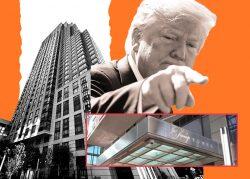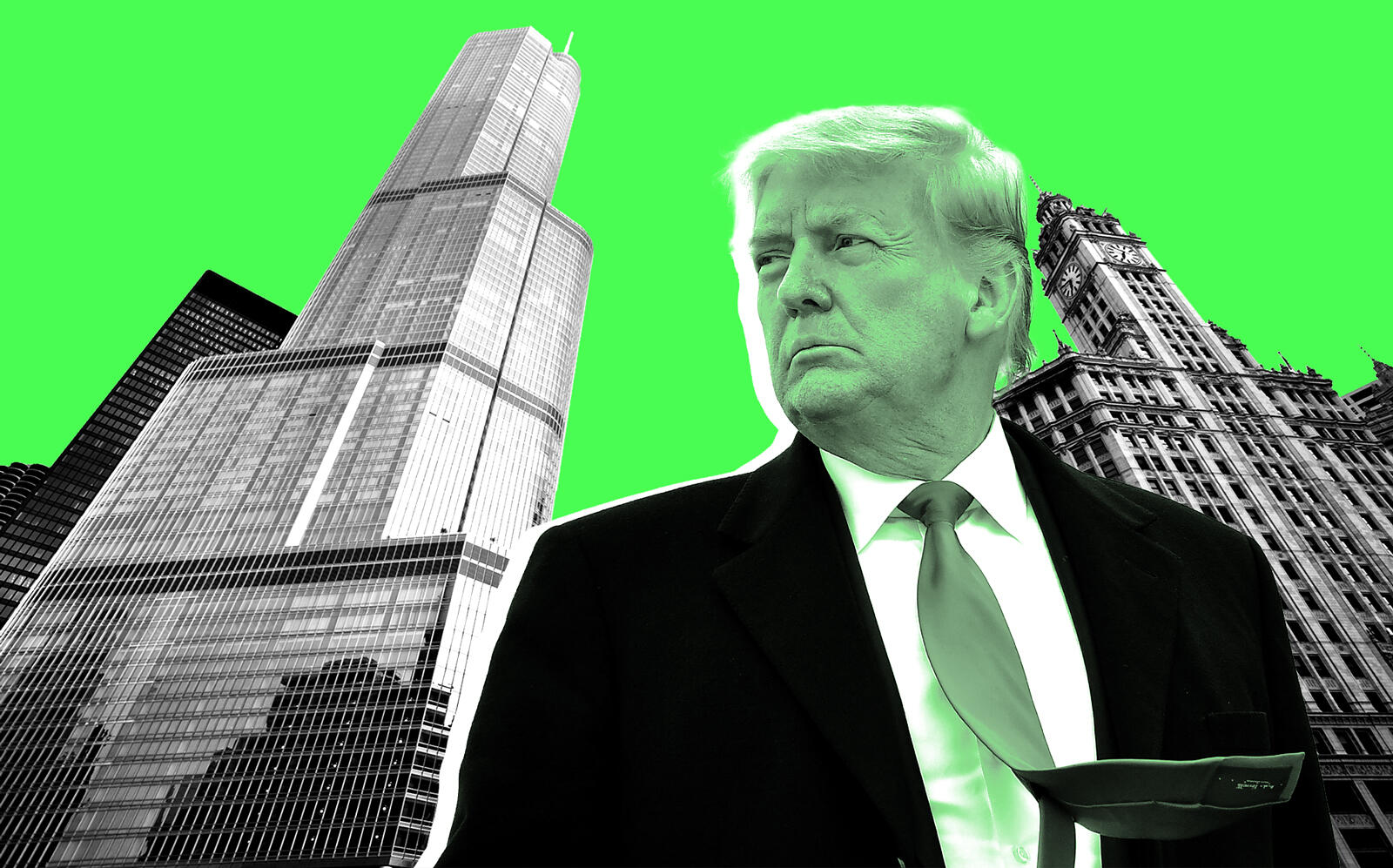 Westchester condo complex dumps Trump name
Westchester condo complex dumps Trump name
Trending
Trump gets another tax break on Trump Tower retail space
Former president will owe $300K less on vacant retail space after Cook Co. assessor slashes valuation

Donald Trump just got another break on his taxes.
The former president is in line to receive a $300,000 property tax cut after Cook County Assessor Fritz Kaegi ruled that vacant retail space at Trump International Hotel & Tower is not worth as much as it previously was valued, the Chicago Sun-Times reported.

Fritz Kaegi
The three levels of vacant, unfinished retail space cost Trump more than $1 million in property taxes last year, but with the new assessment, Trump will owe just under $700,000.
Kaegi’s office initially valued the property at $19.9 million, but after a challenge from Trump lawyer Patrick McNerney, Kaegi slashed the value to $12.5 million — approximately $1 million less than the appraisal Trump’s team had countered with.
McNerney tried to get the price tag lowered even more by appealing to the Cook County Board of Review. The board rejected that request, noting that the new assessment was already lower than Trump’s appraisal, the Sun-Times reported.
The reduced assessment marks Trump’s second victory in just over a month related to property taxes at the skyscraper. In late July, the Illinois Property Tax Appeal Board granted Trump a $1.03 million tax refund, ruling that he had overpaid on a 2011 tax bill for both the retail and hotel portions of the property.
Read more
 Westchester condo complex dumps Trump name
Westchester condo complex dumps Trump name
The Cook County Board of Review is challenging the state board’s decision in appeals court, arguing that it would cost Chicago’s public school system — the primary beneficiary of the city’s property taxes — $500,000.
Kaegi’s office defended the decision to grant Trump a tax break, saying it provided the reduction based on the building’s long-standing retail vacancies.
“Our current vacancy policy states that a property can only receive half of its claimed vacancy,” a spokesman from Kaegi’s office told the Sun-Times. “This is a change from the previous administration, which would reduce the assessed value based on the claimed vacancy, which is not an assessment standard used elsewhere.”
The spokesman also pointed out that Trump is still paying more in taxes on the retail space than he did under Kaegi’s predecessor, Joseph Berrios.
[Chicago Sun Times] — Victoria Pruitt




